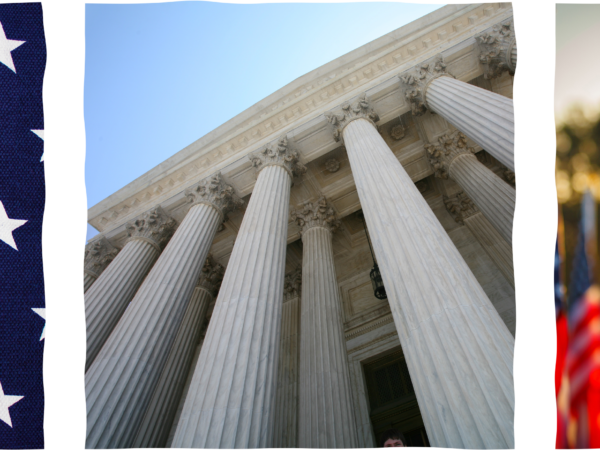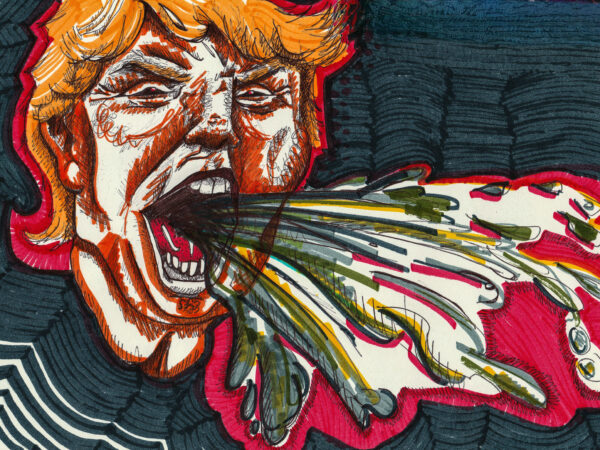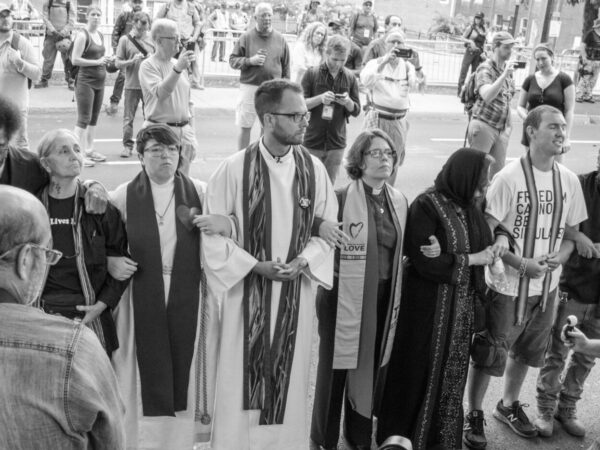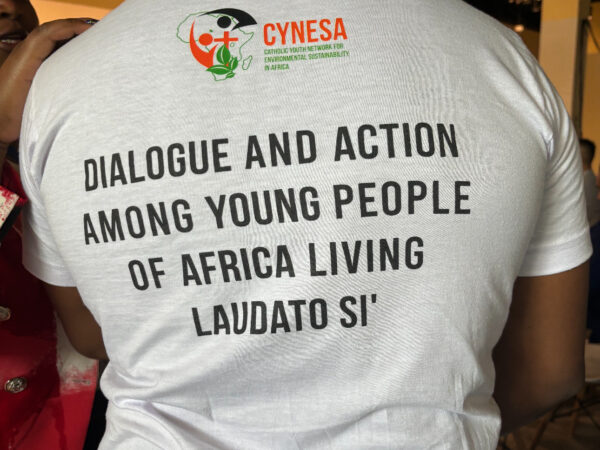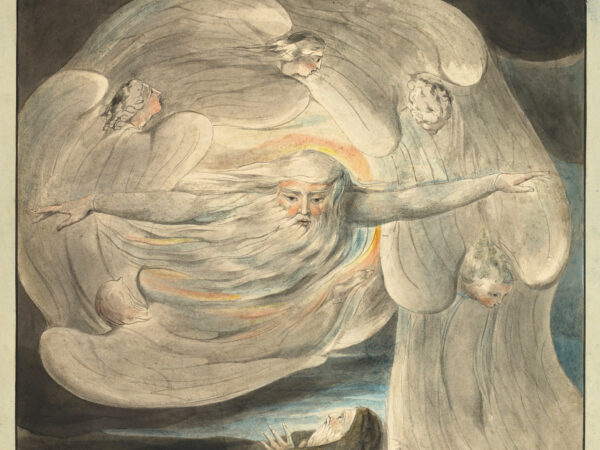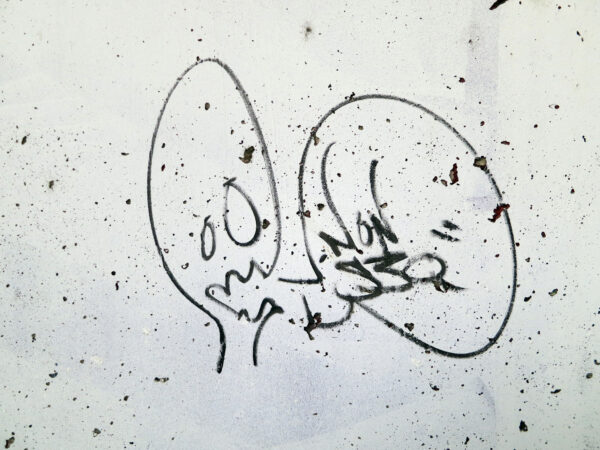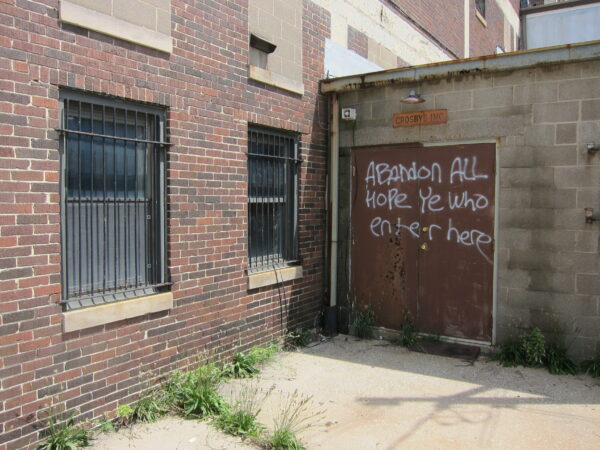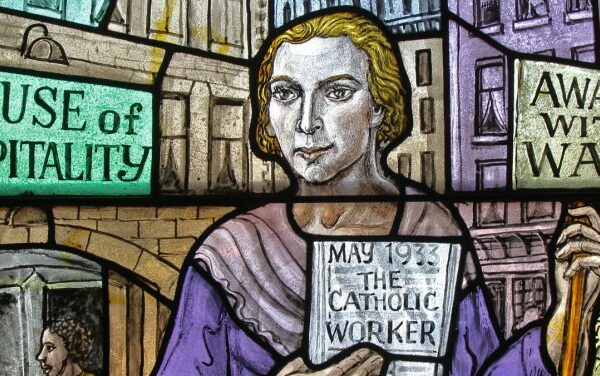
An examination of responses that are counteracting the fascism emboldened by Trumpism; including Dorothy Day and the Catholic Worker movement as well as Christ’s moral imperative for anti-fascist action. A provision of counternarratives of hope to the prevailing motif of the Catholic Right’s resurgence.

Compost is a living,breathing site of transformation from death to new life. While the following insights from liberation theology may not be articulated in the same way today or fifty years hence, their molecular substructures live on in their fertilization of theological re-visionings that are born of struggle and affirm the liberating primacy of life, love, and solidarity.
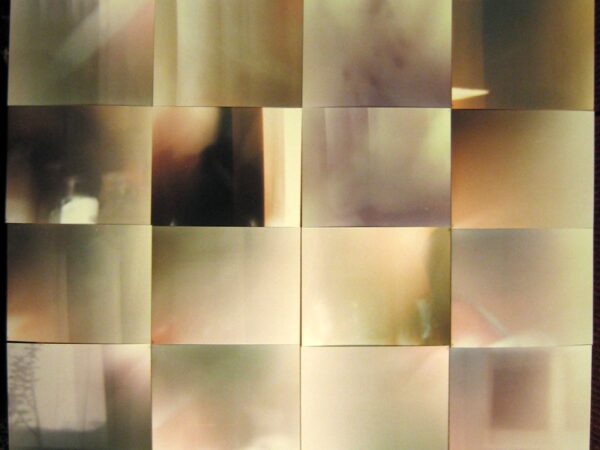
Liberation, caught between queer nihilism and eschatological certainty, must seek an third way beyond the binary of hopefulness and hopelessness through the negation of both. It must transpose itself into an apophatic register as the experience of continual failure, an uncertain endless becoming, that might be called simple hope.
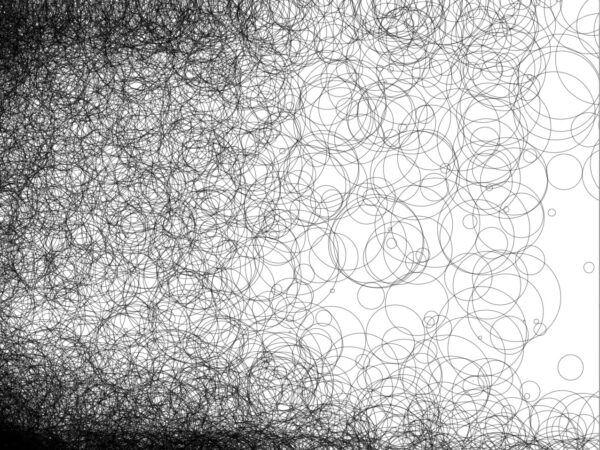
Fifty years after the publication of Gustavo Gutiérrez’s A Theology of Liberation, what, if any, relevance does Christian liberation theology and Gutiérrez’s work have for our present moment? Do we still have a memory of a liberating God? And if not, is there a liberative power in grappling with the absence of this memory?
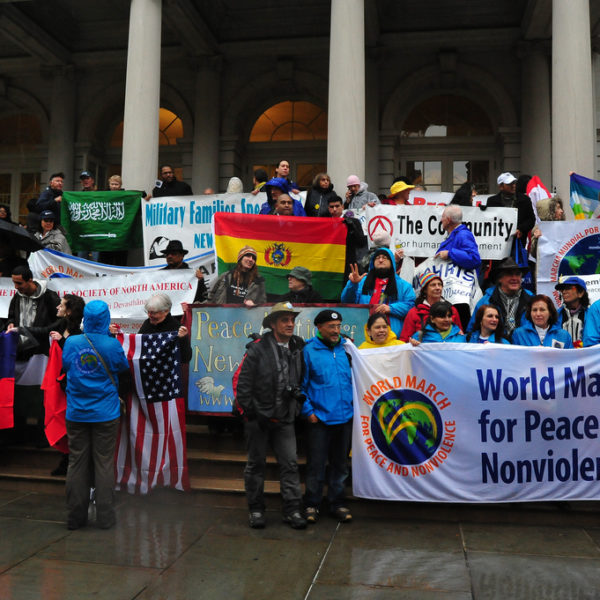
Pope Francis proclaims: “There was a time, even in our churches, when people spoke of a holy war or a just war. Today we cannot speak in this manner.” Yet, we can and have been invited by Francis and others to speak in the manner of centering nonviolence.
